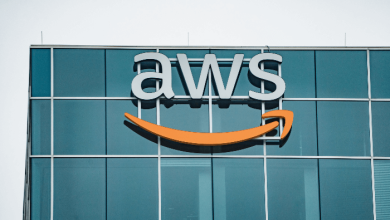Gates Foundation Invests $7.5M in Nigeria’s AI Scaling Hub: A Catalyst for Sectoral Growth
New Initiative to Accelerate AI Solutions in Health, Agriculture, and Education

The Gates Foundation has agreed to support the Federal Government with $7.5 million for Nigeria’s Artificial Intelligence (AI) Scaling Hub, a new initiative.
This would accelerate the development and scale-up AI-driven solutions to improve lives and expand opportunities across key sectors such as health, agriculture, and education.
The Special Adviser of Media and Communications, Ministry of Communications ,Innovation and Digital Economy, Isime Esene, made this known in a statement issued in Abuja on Tuesday.
Esene said that the announcement was made during the Scaling Hub signing of Memorandum of Understanding (MOU) between the Ministry and the foundation.
He said that fhe Minister of Communications, Innovation and Digital Economy, Dr Bosun Tijani, explained that Nigeria’s AI Scaling Hub was a multi-stakeholder initiative that would coordinate the scaling of mature AI solutions in the country.
He added, “The hub will convene government agencies, private sector tech companies, academia, and development partners to support large-scale implementation of mature AI innovations.
“The Gates Foundation is supporting the Nigeria Scaling Hub with up to $7.5 million commitment over a three-year period.
“By working with the Gates Foundation, we are strengthening our capacity to ensure that AI-driven solutions are developed responsibly and deployed equitably.

“The AI Scaling Hub will serve as a catalyst for Nigerian innovators by providing the resources, mentorship, and support necessary to translate ideas into impact.
“The AI Scaling Hub initiative will advance the government’s efforts to identify, develop, and scale high-impact Al solutions that address innovation in these key sectors, as well as position Nigeria as an exemplar for emerging technologies in Africa.”
The minister highlighted the progress made by the government of Nigeria in the adoption of AI, including the recent drafting of the National AI Strategy developed to ensure its responsible deployment.
“As AI technologies continue to evolve, the Nigeria AI Scaling Hub offers a model for how governments and partners can work together to scale innovations that improve health outcomes.
“It will also enhance education systems, and boost agricultural productivity by ensuring digital transformation benefits all Nigerians,” he said.
On his part, Uche Amaonwu, Nigeria’s Country Director at the foundation, said that AI would transform how Nigeria address development challenges, unlocking new ways to improve lives and strengthen systems
“We are proud to support the Nigeria AI Scaling Hub with the Government of Nigeria and Lagos Business School, investing in local talent and innovation to ensure the benefits of AI reach those who need them most,” he said. (NAN)




